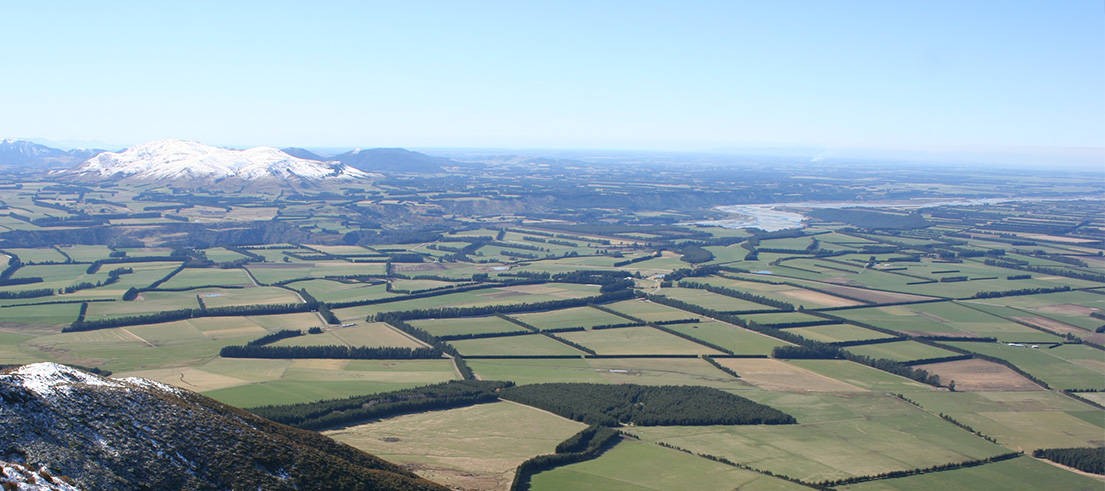
Response to recent Greenpeace nitrate testing in Ashburton
Director of Science Dr Tim Davie responds to recent Greenpeace nitrate testing in the Ashburton district.
The well-known issue of elevated nitrate concentrations is a key driver for change in agricultural practices in the Ashburton plains, leading to better environmental outcomes. We have been working on this closely with the farming community for over five years, through the nitrate leaching restrictions in our plans driving better farming practices.
The increase in nitrate concentrations is a result of more than a century of all types of agriculture and meat processing on the Canterbury plains and will take some time to address. This is because it takes a long time for nitrate-rich water to move through the groundwater system. The only way to address the issue is through the reduction in nitrate leached into groundwater and this is what we, along with the agricultural community, are doing.
For example, Plan Change 2 to the Canterbury Land and Water Regional Plan in 2018 requires a 45 per cent reduction in nitrogen losses in large parts of the Ashburton district.
We absolutely recognise the problem but would like to clarify that Greenpeace is being misleading in the way it has presented the results of its samples taken on Saturday by using statistics based on a single Danish study rather than New Zealand’s Drinking Water Standards, set by the Ministry of Health and Taumata Arowai.
For drinking water, the New Zealand Drinking Water Standards set a Maximum Acceptable Value (MAV) of 50 milligrams per litre (mg/l) for nitrate, which is equivalent to 11.3 mg/l nitrate-nitrogen. This is based on the World Health Organisation (WHO) standard. A 2018 review of the science behind the WHO standard, which included the Danish study, concluded there was not enough evidence to change those limits.
In 2022, the Office of the Prime Minister’s Chief Science Advisor reviewed the evidence on links between bowel cancer and nitrate in drinking water and concluded that "the evidence base is not conclusive with respect to whether the relationship is causal or coincidental".
It’s also important that people understand that the Greenpeace samples were taken mostly from private wells on rural properties and not the main Ashburton town drinking water supply.
We welcome the raising of awareness of reducing nitrate as an important issue for environmental and human health and continue to work closely with other agencies and landowners on this issue.
